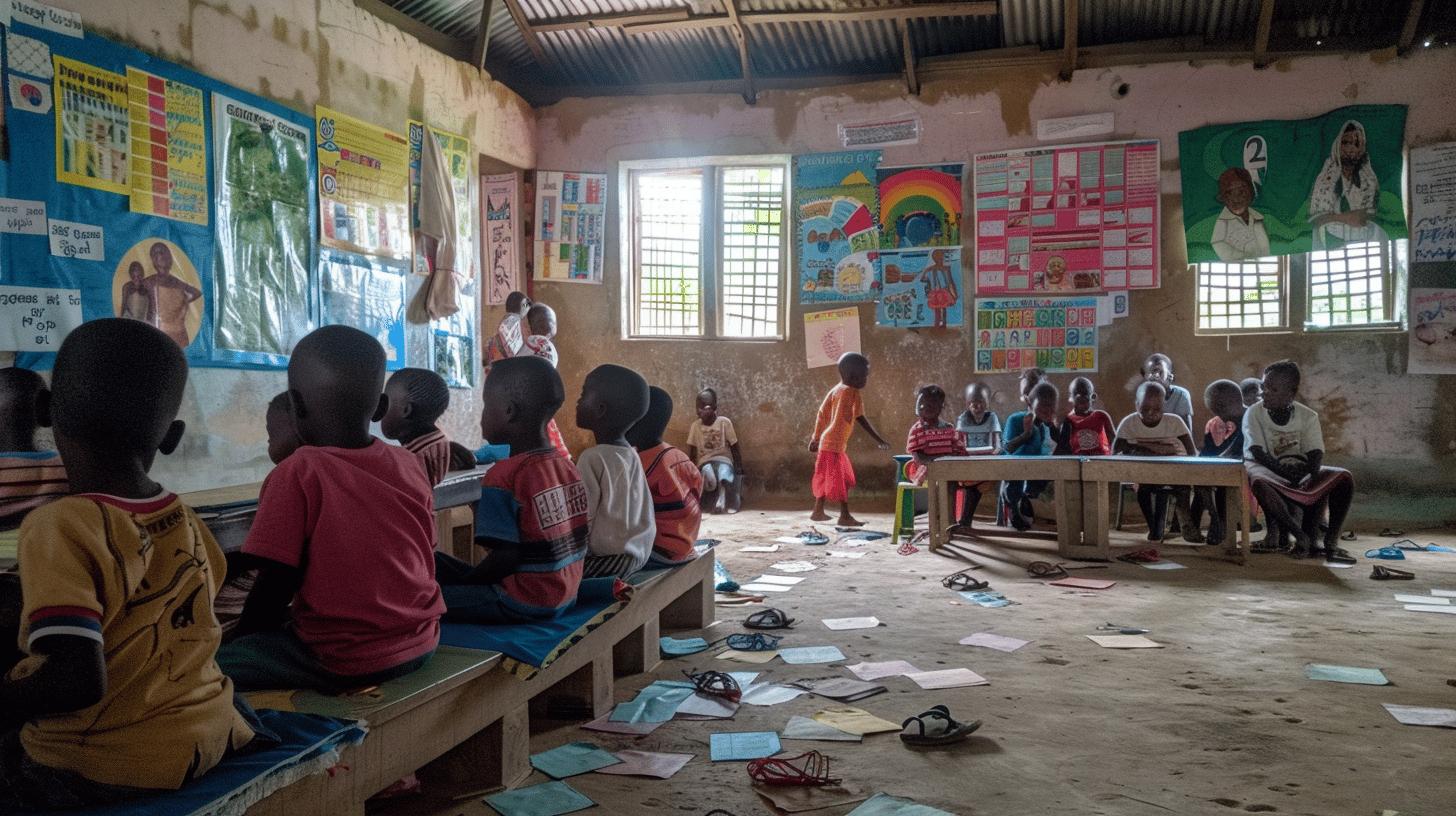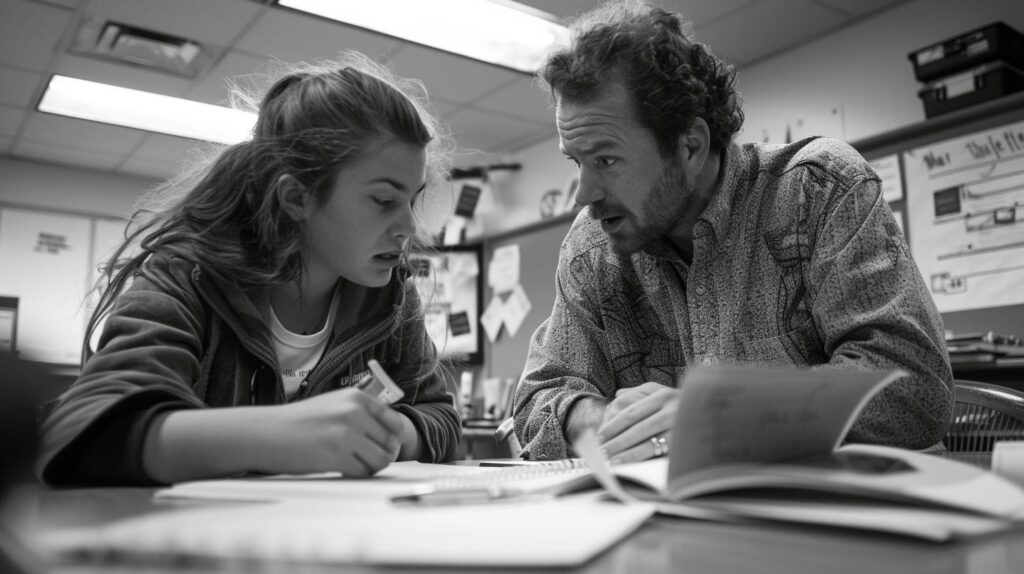What if achieving life's milestones wasn't just a personal journey but a societal expectation? Developmental tasks, the milestones individuals are expected to reach at different life stages, shape our self-esteem and social acceptance. They are influenced by societal norms, psychological growth, and biological changes. Successfully navigating these tasks can lead to a sense of accomplishment, while failure may result in feelings of inadequacy. This article delves into the definition and importance of developmental tasks, highlighting why understanding these milestones is crucial for fostering healthy development.
Defining Developmental Tasks
A developmental task is a milestone or goal that individuals are expected to achieve during a particular stage of life. These tasks are influenced by societal expectations, psychological development, and biological changes. For example, learning to walk is a developmental task for infants, while establishing a career is a task for young adults.
Successfully completing developmental tasks can lead to positive outcomes, such as increased self-esteem and social acceptance. On the other hand, failure to achieve these tasks may result in feelings of inadequacy or social isolation. This makes understanding and supporting the completion of developmental tasks crucial for overall well-being.
Benefits of successfully completing developmental tasks:
- Enhanced self-esteem
- Greater social acceptance
- Improved mental health
- Better coping skills
- Increased life satisfaction
These benefits highlight the importance of developmental tasks in shaping individuals' lives. Recognizing and facilitating the achievement of these tasks at each life stage can promote healthier psychological and social development. Whether it’s a child learning to make friends or an adult balancing work and family life, developmental tasks serve as essential building blocks for a fulfilling life.
Theories Behind Developmental Tasks

Theories provide a framework for understanding developmental tasks. They guide our comprehension of human growth and maturation, helping us to identify the milestones individuals are expected to achieve at various life stages.
Havighurst's Developmental Theory
Robert J. Havighurst introduced the concept of developmental tasks in 1948. According to Havighurst, each stage of life comes with specific tasks that individuals need to accomplish to move successfully to the next stage. These tasks are influenced by societal expectations, personal values, and biological changes. For example, during adolescence, one developmental task is to establish a stable identity. Successfully achieving these tasks contributes to overall well-being and life satisfaction.
Erikson's Developmental Tasks
Erik Erikson built upon Havighurst's work by suggesting that developmental stages are characterized by crises or conflicts. These crises arise from the collision between the individual and their environment. Erikson's theory outlines eight stages from infancy to late adulthood, each with its own central crisis. For instance, the crisis during adolescence is "identity vs. role confusion." Successfully navigating these crises leads to the development of virtues such as fidelity and love.
Bandura's Reciprocal Determinism
Albert Bandura's theory of reciprocal determinism describes how cognitive personal factors, environment, and behaviors influence each other. In this context, developmental tasks are shaped by the interaction between these elements. For example, a child's ability to develop social skills is influenced by their personal traits, the behavior of their peers, and the environment they are in. Bandura's theory emphasizes the dynamic and reciprocal nature of human development.
These theories underscore the complexity of human development. They highlight the importance of understanding the various factors that influence developmental tasks. By recognizing these factors, caregivers, educators, and mental health professionals can better support individuals in achieving their developmental milestones, contributing to healthier psychological and social development.
Examples of Developmental Tasks in Different Life Stages
Developmental tasks vary significantly by life stage, from infancy to senior adulthood. These tasks are milestones that individuals are expected to achieve, and they reflect the interplay of societal expectations, psychological development, and biological changes.
| Life Stage | Developmental Task |
|---|---|
| Infancy and Early Childhood (0-5 years) | Learning basic survival skills |
| Middle Childhood (6-12 years) | Expanding knowledge of physical and social worlds |
| Adolescence (13-17 years) | Facing the crisis of self-identity and autonomy |
| Early Adulthood (18-35 years) | Establishing careers and forming intimate relationships |
| Middle Age (36-60 years) | Maintaining career stability and family security |
| Senior (60+ years) | Remaining psychologically and emotionally fit amidst significant life transitions |
Recognizing these tasks is crucial for supporting development at each life stage. By understanding the specific goals and challenges associated with each period, caregivers, educators, and mental health professionals can better support individuals. For instance, helping children learn social skills in middle childhood or guiding adolescents through identity crises can significantly impact their overall growth and well-being.
Developmental Tasks in Education

Understanding developmental tasks is crucial in educational settings. It helps caregivers, educators, and mental health professionals support individuals in their growth and development. By recognizing the milestones students need to achieve, educators can tailor their teaching methods to better align with the developmental needs of their students.
Educators play a key role in helping children and adolescents achieve developmental tasks. For example, in early childhood, teachers can encourage social skills by facilitating group activities and cooperative play. In middle childhood, educators can support cognitive development by introducing problem-solving exercises and critical thinking tasks. During adolescence, teachers can foster identity formation by providing opportunities for self-expression and independent projects.
Examples of how educators can support developmental tasks in students:
- Facilitating group activities to encourage social skills
- Introducing problem-solving exercises to enhance cognitive development
- Providing opportunities for self-expression to support identity formation
- Incorporating cooperative learning to build teamwork abilities
- Offering independent projects to foster autonomy
Failing to support developmental tasks in educational settings can have significant implications. Students may struggle with self-esteem, social acceptance, and academic performance if their developmental needs are not met. For instance, a lack of opportunities for social interaction in early childhood can lead to difficulties in forming relationships later in life. Similarly, insufficient support for identity exploration during adolescence can result in confusion and lack of direction.
Educators must recognize the importance of developmental tasks and actively work to create supportive environments. By doing so, they can help students navigate their developmental milestones successfully, contributing to their overall well-being and academic success.
Challenges in Adolescent Development
Adolescence, spanning ages 12 to 18, is a critical period focused on establishing identity. While many adolescents navigate this stage with minimal stress, some face significant challenges that can impact their overall development.
Common challenges in adolescent development:
- Peer pressure
- Academic stress
- Identity confusion
- Emotional instability
- Risky behaviors
To support adolescents in overcoming these challenges, it’s essential to gradually give them decision-making power. Encouraging healthy peer relationships can also play a crucial role. Providing a supportive environment where they feel understood and valued helps them navigate this complex phase. Failure to accomplish developmental tasks during adolescence can leave individuals vulnerable to environmental pressures, making it vital to offer guidance and support.
Final Words
Grasping the developmental task definition helps understand life stages and the associated milestones.
These tasks, shaped by societal expectations, biological changes, and psychological development, influence self-esteem and social acceptance.
Key theories by Havighurst, Erikson, and Bandura provide foundational insights.
Specific developmental tasks differ by life stage, from infancy to senior adulthood, each presenting unique challenges and opportunities.
In education, recognizing these tasks can significantly aid student growth. Adolescents face unique hurdles, and supporting them through healthy decision-making and peer relationships is crucial.
Understanding and supporting developmental tasks lead to healthier, well-adjusted individuals.
FAQ
What is the developmental task?
A developmental task is a milestone or goal expected to be achieved during a particular stage of life. These tasks are influenced by societal norms, psychological growth, and biological changes.
What is a developmental task according to Havighurst?
According to Havighurst, a developmental task is a set of skills and competencies required at specific life stages that arise from biological, psychological, and social needs.
What is child development task?
A child development task refers to milestones children are expected to achieve as they grow, such as learning to walk, talk, and understand social relationships.
What are the 11 developmental tasks?
The 11 developmental tasks typically refer to milestones outlined for various life stages, including infancy, childhood, adolescence, and adulthood, addressing physical, emotional, and social growth.
What are the 5 main developmental tasks of adolescence?
The five main developmental tasks of adolescence include developing a sense of identity, gaining independence, forming intimate relationships, achieving educational goals, and preparing for a career.
What is an example of a developmental task?
An example of a developmental task is a child learning to walk during infancy or an adolescent seeking independence from parents. These are age-appropriate milestones for growth and development.
What is the developmental task of adolescence?
The developmental task of adolescence involves forming a personal identity, achieving independence from parents, establishing peer relationships, and preparing for adult roles.
What is the definition of developmental tasks in psychology?
In psychology, a developmental task is a challenge or milestone that one is expected to achieve at different stages of life, promoting healthy psychological and social growth.
What is the developmental task of adolescence?
The developmental task of adolescence focuses on establishing self-identity, gaining independence, and preparing for adulthood through educational and social achievements.


